A Theology of Genocide? : Reading Deuteronomy 20
Published: Oct 2021
£70.00
The twentieth century has been described, not without justification, as the 'Century of Genocide'. Whole groups of people have been targeted for slaughter because of their ethnicity or religion, from Armenia to Rwanda. Against this background, how are we to understand the command in Deuteronomy to 'not leave alive anything that breathes' of the Canaanite nations present in the Promised Land (Deut 20.17-18)?
In this penetrating study, Milner begins by asking if this passage has been used to justify genocidal violence (it has, but not nearly as much as some have thought). He then considers how such texts have been understood, demonstrating that most readers have taken the passage allegorically, as a metaphor for the interior struggle against sin.
That may seem to be too easy a solution. Yet, looking at modern historical and literary analyses of the text, Milner shows that the original audiences of this passage would also have taken it symbolically, since they lived many generations after the 'narrated time' of the Conquest when no Canaanites populations remained to be exterminated. Further, the narrative itself demonstrates that the 'military option' was a complete failure, and does not commend it to the audience of the text.
Milner argues that God no more commanded genocide than he wandered about in the evening breeze in Eden (Gen 3:8) or encouraged Satan to persecute and tempt Job (Job 1-2). This is by no means a new insight, he says, tracing it back to early Christian theologians, particularly Origen and Gregory of Nyssa, who argued that passages not 'worthy of God' should not be interpreted literally.
A Theology of Genocide? : Reading Deuteronomy 20
£70.00
The twentieth century has been described, not without justification, as the 'Century of Genocide'. Whole groups of people have been targeted for slaughter because of their ethnicity or religion, from Armenia to Rwanda. Against this background, how are we to understand the command in Deuteronomy to 'not leave alive anything that breathes' of the Canaanite nations present in the Promised Land (Deut 20.17-18)?
In this penetrating study, Milner begins by asking if this passage has been used to justify genocidal violence (it has, but not nearly as much as some have thought). He then considers how such texts have been understood, demonstrating that most readers have taken the passage allegorically, as a metaphor for the interior struggle against sin.
That may seem to be too easy a solution. Yet, looking at modern historical and literary analyses of the text, Milner shows that the original audiences of this passage would also have taken it symbolically, since they lived many generations after the 'narrated time' of the Conquest when no Canaanites populations remained to be exterminated. Further, the narrative itself demonstrates that the 'military option' was a complete failure, and does not commend it to the audience of the text.
Milner argues that God no more commanded genocide than he wandered about in the evening breeze in Eden (Gen 3:8) or encouraged Satan to persecute and tempt Job (Job 1-2). This is by no means a new insight, he says, tracing it back to early Christian theologians, particularly Origen and Gregory of Nyssa, who argued that passages not 'worthy of God' should not be interpreted literally.
The Necessary King: A Postcolonial Reading of the Deuteronomistic Portrait of the Monarchy
Published: Sep 2013
£80.00
The Necessary King explains why Israel needed a king according to the Deuteronomistic History, and why its exilic readers can expect no future except under Davidic rule. Given Israel's tendency to rebellion against its divine suzerain, the king is the necessary agent of God's colonization of Israel, making and keeping it a loyal subject.
The Deuteronomistic History with its pro-Davidic narrative has three prongs, each of which relies on an imitation of the imperial ideology of Judah's colonial masters. First, Dtr imitates the discourse of Neo-Assyrian treaties and Mesopotamian royal inscriptions, replacing the imperial suzerain with God.
Second, having established this client —suzerain relationship in Deuteronomy, Dtr then goes on to imitate imperial portrayals of the disloyal and wicked foreign enemies whom the Mesopotamian king colonizes. Israel is a foreign enemy in God's eyes, repetitively proving their disloyalty to their divine suzerain and so demonstrating the need for an Israelite king who will colonize them —for their own good.
Third, Dtr imitates the ideology of the Mesopotamian powers in its portrayal of the monarchy. Dtr presents the Davidides' relation to Judah/Israel just as the Mesopotamian colonial powers present their kings' relation to the foreign peoples they have conquered: their colonial rule is necessary, and actually benefits the peoples whom they colonize.
Disqualifying prophets, priests, and judges as potential leaders of Israel, and presenting the people as far too sinful to live without leadership, the Deuteronomistic History portrays the Davidic monarchy as a necessity.
The Necessary King: A Postcolonial Reading of the Deuteronomistic Portrait of the Monarchy
£80.00
The Necessary King explains why Israel needed a king according to the Deuteronomistic History, and why its exilic readers can expect no future except under Davidic rule. Given Israel's tendency to rebellion against its divine suzerain, the king is the necessary agent of God's colonization of Israel, making and keeping it a loyal subject.
The Deuteronomistic History with its pro-Davidic narrative has three prongs, each of which relies on an imitation of the imperial ideology of Judah's colonial masters. First, Dtr imitates the discourse of Neo-Assyrian treaties and Mesopotamian royal inscriptions, replacing the imperial suzerain with God.
Second, having established this client —suzerain relationship in Deuteronomy, Dtr then goes on to imitate imperial portrayals of the disloyal and wicked foreign enemies whom the Mesopotamian king colonizes. Israel is a foreign enemy in God's eyes, repetitively proving their disloyalty to their divine suzerain and so demonstrating the need for an Israelite king who will colonize them —for their own good.
Third, Dtr imitates the ideology of the Mesopotamian powers in its portrayal of the monarchy. Dtr presents the Davidides' relation to Judah/Israel just as the Mesopotamian colonial powers present their kings' relation to the foreign peoples they have conquered: their colonial rule is necessary, and actually benefits the peoples whom they colonize.
Disqualifying prophets, priests, and judges as potential leaders of Israel, and presenting the people as far too sinful to live without leadership, the Deuteronomistic History portrays the Davidic monarchy as a necessity.
Men and Masculinity in the Hebrew Bible and Beyond
Published: Nov 2010
£60.00
The study of masculinity in the Bible is increasingly becoming established as a field of critical inquiry in biblical gender studies. This book highlights a variety of methodological approaches that reveal the complex and multifaceted construction of masculinity in biblical and post-biblical literature. It focuses uniquely and explicitly on men and the world they inhabit, documenting changes in the type of men and masculinities deemed legitimate, or illegitimate, across various social and historical contexts of the ancient Near East. At the same time, it interrogates readers' assumptions about the writers' positioning of male bodies, sexuality and relationships in a gender order created to reflect men's interests, yet in need of constant reordering.
In this volume specific features of biblical masculinity are explored: the masculinity of less favoured sons in Genesis (Susan Haddox); the ideology of Temple masculinity in Chronicles (Roland Boer); the masculinity of Moses (Brian DiPalma); the performative nature of masculinity in the Sinai episode (David Clines); Deuteronomy's regimentation of masculinity (Mark George); Joshua's hegemonic masculinity in the Conquest Narrative (Ovidiu Creangă); Naaman's disability in relation to ideologies of masculinity (Cheryl Strimple and Ovidiu Creangă); Job's position as a man in charge in the Testament of Job (Maria Haralambakis); Priestly notions of sexuality in the covenant of the rainbow and circumcision in Genesis (Sandra Jacobs); Samson's masculinity in terms of male honour (Ela Lazarewicz-Wyrzykowska); the popular depiction of Jeremiah as a 'lamenting prophet' against the book of Jeremiah's male ideology (C.J. Patrick Davis); the gendered interaction of a Bible-study group with Daniel's dreams (Andrew Todd). Finally, David Clines and Stephen Moore offer closing critical reflections that situate the book's topics within a broader spectrum of issues in masculinity.
Men and Masculinity in the Hebrew Bible and Beyond
£60.00
The study of masculinity in the Bible is increasingly becoming established as a field of critical inquiry in biblical gender studies. This book highlights a variety of methodological approaches that reveal the complex and multifaceted construction of masculinity in biblical and post-biblical literature. It focuses uniquely and explicitly on men and the world they inhabit, documenting changes in the type of men and masculinities deemed legitimate, or illegitimate, across various social and historical contexts of the ancient Near East. At the same time, it interrogates readers' assumptions about the writers' positioning of male bodies, sexuality and relationships in a gender order created to reflect men's interests, yet in need of constant reordering.
In this volume specific features of biblical masculinity are explored: the masculinity of less favoured sons in Genesis (Susan Haddox); the ideology of Temple masculinity in Chronicles (Roland Boer); the masculinity of Moses (Brian DiPalma); the performative nature of masculinity in the Sinai episode (David Clines); Deuteronomy's regimentation of masculinity (Mark George); Joshua's hegemonic masculinity in the Conquest Narrative (Ovidiu Creangă); Naaman's disability in relation to ideologies of masculinity (Cheryl Strimple and Ovidiu Creangă); Job's position as a man in charge in the Testament of Job (Maria Haralambakis); Priestly notions of sexuality in the covenant of the rainbow and circumcision in Genesis (Sandra Jacobs); Samson's masculinity in terms of male honour (Ela Lazarewicz-Wyrzykowska); the popular depiction of Jeremiah as a 'lamenting prophet' against the book of Jeremiah's male ideology (C.J. Patrick Davis); the gendered interaction of a Bible-study group with Daniel's dreams (Andrew Todd). Finally, David Clines and Stephen Moore offer closing critical reflections that situate the book's topics within a broader spectrum of issues in masculinity.
Decolonizing God: The Bible in the Tides of Empire
Published: Oct 2009
Price range: £17.50 through £39.50
For centuries, the Bible has been used by colonial powers to undergird their imperial designs--an ironic situation when so much of the Bible was conceived by way of resistance to empires. In this thoughtful book, Mark Brett draws upon his experience of the colonial heritage in Australia to identify a remarkable range of areas where God needs to be decolonized--freed from the bonds of the colonial.
Writing in a context where landmark legal cases have ruled that Indigenous (Aboriginal) rights have been 'washed away by the tide of history', Brett re-examines land rights in the biblical traditions, Deuteronomy's genocidal imagination, and other key topics in both the Hebrew Bible and the New Testament where the effects of colonialism can be traced. Drawing out the implications for theology and ethics, this book provides a comprehensive new proposal for addressing the legacies of colonialism.
Decolonizing God: The Bible in the Tides of Empire
Price range: £17.50 through £39.50
For centuries, the Bible has been used by colonial powers to undergird their imperial designs--an ironic situation when so much of the Bible was conceived by way of resistance to empires. In this thoughtful book, Mark Brett draws upon his experience of the colonial heritage in Australia to identify a remarkable range of areas where God needs to be decolonized--freed from the bonds of the colonial.
Writing in a context where landmark legal cases have ruled that Indigenous (Aboriginal) rights have been 'washed away by the tide of history', Brett re-examines land rights in the biblical traditions, Deuteronomy's genocidal imagination, and other key topics in both the Hebrew Bible and the New Testament where the effects of colonialism can be traced. Drawing out the implications for theology and ethics, this book provides a comprehensive new proposal for addressing the legacies of colonialism.
The Impartial God: Essays in Biblical Studies in Honor of Jouette M. Bassler
Published: Oct 2007
£55.00
Jouette M. Bassler, Professor of New Testament at Perkins School of Theology at Southern Methodist University since 1986, is widely recognized for contributions to Pauline studies, the Pastoral Epistles, women in the New Testament, and for her work as editor of the Journal of Biblical Literature from 1995 to 1999.
The nineteen contributions to this Festschrift include: Charles Cousar on the Christ-hymn in Philippians, Gordon Fee on the locative en in Galatians, Benjamin Fiore on kinship address in Philemon, Robert Foster on the visions of grace in Ephesians, Serge Frolov on the 'Rebellious Tenants' story as political allegory, Victor Furnish on the theology of faith, love, and hope in 1 Thessalonians, Roy Heller on widows in Deuteronomy, Robert Jewett on wrath and violence in Romans and 1 Thessalonians, Elizabeth Johnson on first-century asceticism, Ila Bovee Kraft on the fictive interlocutor in 1 Corinthians 14, Steven Kraftchick on death in Philippians, Alan Mitchell on friendship in 1 Cor. 6:8, Richard Nelson on Achsah in Judges, Jerome Neyrey on characters in the Fourth Gospel, David Rensberger on the Holy Spirit in Pauline churches, Calvin Roetzel on violent metaphorical language in 2 Corinthians, E.P. Sanders on the providence of God in Josephus and Paul, Joseph Tyson on conflicting views of leadership in Acts, and Larry Yarbrough on concern for the poor of Jerusalem.
The Impartial God: Essays in Biblical Studies in Honor of Jouette M. Bassler
£55.00
Jouette M. Bassler, Professor of New Testament at Perkins School of Theology at Southern Methodist University since 1986, is widely recognized for contributions to Pauline studies, the Pastoral Epistles, women in the New Testament, and for her work as editor of the Journal of Biblical Literature from 1995 to 1999.
The nineteen contributions to this Festschrift include: Charles Cousar on the Christ-hymn in Philippians, Gordon Fee on the locative en in Galatians, Benjamin Fiore on kinship address in Philemon, Robert Foster on the visions of grace in Ephesians, Serge Frolov on the 'Rebellious Tenants' story as political allegory, Victor Furnish on the theology of faith, love, and hope in 1 Thessalonians, Roy Heller on widows in Deuteronomy, Robert Jewett on wrath and violence in Romans and 1 Thessalonians, Elizabeth Johnson on first-century asceticism, Ila Bovee Kraft on the fictive interlocutor in 1 Corinthians 14, Steven Kraftchick on death in Philippians, Alan Mitchell on friendship in 1 Cor. 6:8, Richard Nelson on Achsah in Judges, Jerome Neyrey on characters in the Fourth Gospel, David Rensberger on the Holy Spirit in Pauline churches, Calvin Roetzel on violent metaphorical language in 2 Corinthians, E.P. Sanders on the providence of God in Josephus and Paul, Joseph Tyson on conflicting views of leadership in Acts, and Larry Yarbrough on concern for the poor of Jerusalem.
Decolonizing Josiah: Toward a Postcolonial Reading of the Deuteronomistic History
Published: Jun 2006
Price range: £18.95 through £50.00
In the prevailing view, the Deuteronomistic History is the first and archetypical Western history, describing the creation of an Israelite state in Palestine as the origin of civilization in the region, a hegemonic culture rendering the other inhabitants of the country homeless in their own land. That view of Davidic domination over greater Palestine, fashioned under Josiah, has been given a modern nationalist reading by contemporary scholars, a reading consistent with the vast array of covert cultural confirmations of Euro-American imperial power.
How is it possible, Kim asks, given the all-encompassing sway of the colonialist reading of the Bible, to understand Josiah in other than colonialist terms? His answer: the historical imagination, making unfettered use of the tools of the critical historian, must be informed by the experience of those who have lived as the other, as the colonized, as not at home in their own land —which means, for Kim, the experience of being Asian American. The intellectual use of this experience creates his distinctive postcolonial perspective, as he draws attention to the connection between Western imperialism and the production of Western knowledge. Specifically, the author reads the story of Josiah intercontextually with the experience of Asian Americans from the space of liminality.
This is a passionate postcolonial reading of Josiah that, on one hand, critiques the failure of biblical studies to come to terms with its colonialist legacy and, on the other hand, connects the world of biblical studies to the world at large.
Decolonizing Josiah: Toward a Postcolonial Reading of the Deuteronomistic History
Price range: £18.95 through £50.00
In the prevailing view, the Deuteronomistic History is the first and archetypical Western history, describing the creation of an Israelite state in Palestine as the origin of civilization in the region, a hegemonic culture rendering the other inhabitants of the country homeless in their own land. That view of Davidic domination over greater Palestine, fashioned under Josiah, has been given a modern nationalist reading by contemporary scholars, a reading consistent with the vast array of covert cultural confirmations of Euro-American imperial power.
How is it possible, Kim asks, given the all-encompassing sway of the colonialist reading of the Bible, to understand Josiah in other than colonialist terms? His answer: the historical imagination, making unfettered use of the tools of the critical historian, must be informed by the experience of those who have lived as the other, as the colonized, as not at home in their own land —which means, for Kim, the experience of being Asian American. The intellectual use of this experience creates his distinctive postcolonial perspective, as he draws attention to the connection between Western imperialism and the production of Western knowledge. Specifically, the author reads the story of Josiah intercontextually with the experience of Asian Americans from the space of liminality.
This is a passionate postcolonial reading of Josiah that, on one hand, critiques the failure of biblical studies to come to terms with its colonialist legacy and, on the other hand, connects the world of biblical studies to the world at large.
Josiah’s Reform and Jeremiah’s Scroll: Historical Calamity and Prophetic Response
Published: Jan 2006
£50.00
This exciting new study of the prophet Jeremiah attributes to him a pivotal significance in the historical period of Josiah's reign.
He was, so Leuchter argues, one of the central agents of Josiah's propaganda machine and was intimately involved with the king's political agenda. Jeremiah, himself originally a member of the scribal school that composed the Deuteronomistic literature, encouraged the Shilonites of Anathoth to become active in Josiah's programme in the North following the waning of Assyrian power. Dismayed by the Shilonites' rejection of him and Josiah, and by the king's death at Megiddo, Jeremiah came to a radically new understanding of the divine purpose, encapsulated in the famous Temple sermon of Jeremiah 7 and evidenced in the prophet's debates with the political establishment in Jerusalem in the years that followed.
In his thoroughgoing historical reconstruction, Leuchter outlines a very specific sequence of events that took their rise from the Shilonite rejection of Deuteronomic policy, and on that basis carefully demarcates the texts that would have been included in Jeremiah's first scroll (the Urrolle ). Leuchter's monograph will make an important contribution to the study of the history and the literature of the late seventh century BCE.
Josiah’s Reform and Jeremiah’s Scroll: Historical Calamity and Prophetic Response
£50.00
This exciting new study of the prophet Jeremiah attributes to him a pivotal significance in the historical period of Josiah's reign.
He was, so Leuchter argues, one of the central agents of Josiah's propaganda machine and was intimately involved with the king's political agenda. Jeremiah, himself originally a member of the scribal school that composed the Deuteronomistic literature, encouraged the Shilonites of Anathoth to become active in Josiah's programme in the North following the waning of Assyrian power. Dismayed by the Shilonites' rejection of him and Josiah, and by the king's death at Megiddo, Jeremiah came to a radically new understanding of the divine purpose, encapsulated in the famous Temple sermon of Jeremiah 7 and evidenced in the prophet's debates with the political establishment in Jerusalem in the years that followed.
In his thoroughgoing historical reconstruction, Leuchter outlines a very specific sequence of events that took their rise from the Shilonite rejection of Deuteronomic policy, and on that basis carefully demarcates the texts that would have been included in Jeremiah's first scroll (the Urrolle ). Leuchter's monograph will make an important contribution to the study of the history and the literature of the late seventh century BCE.

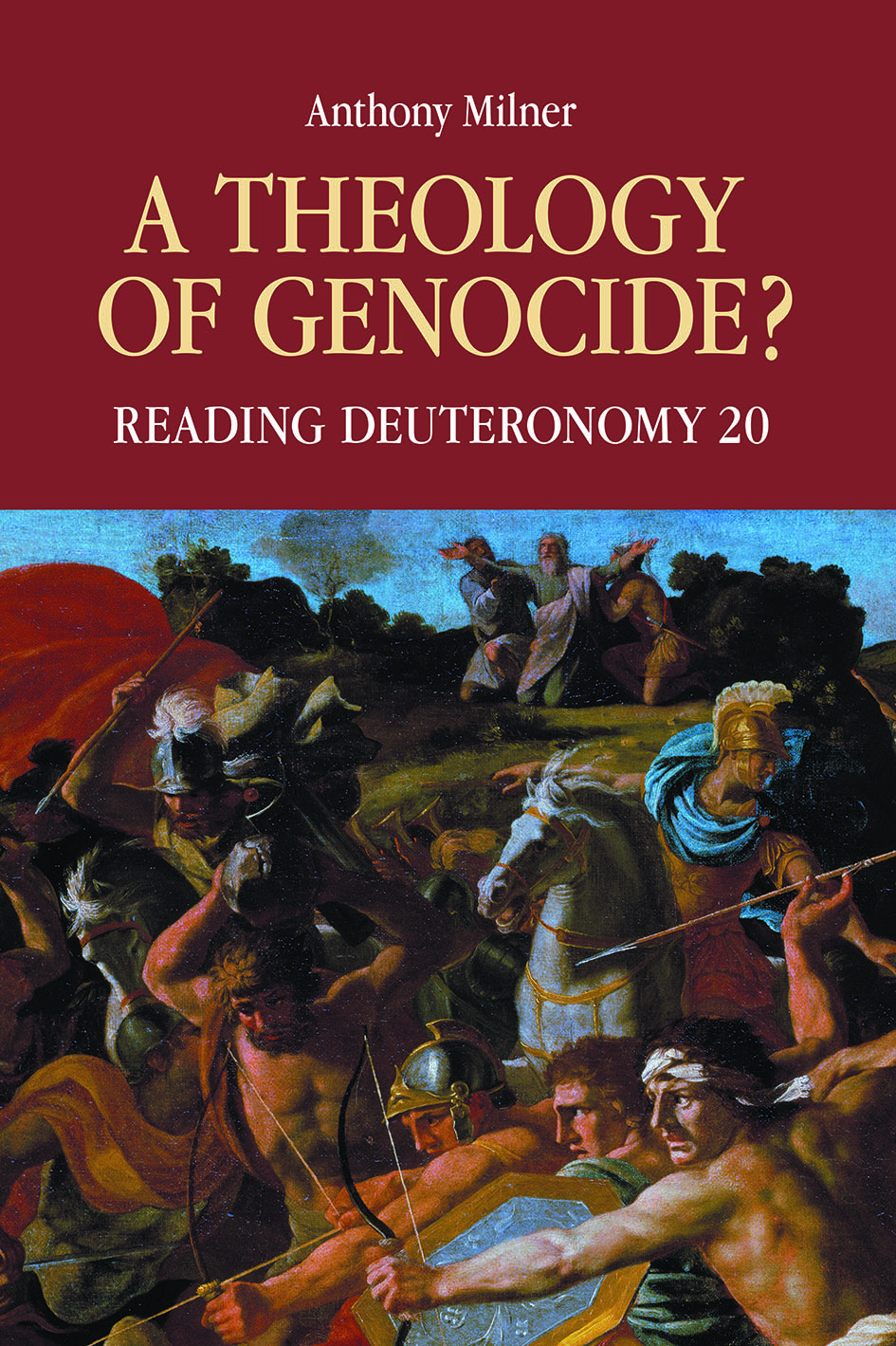
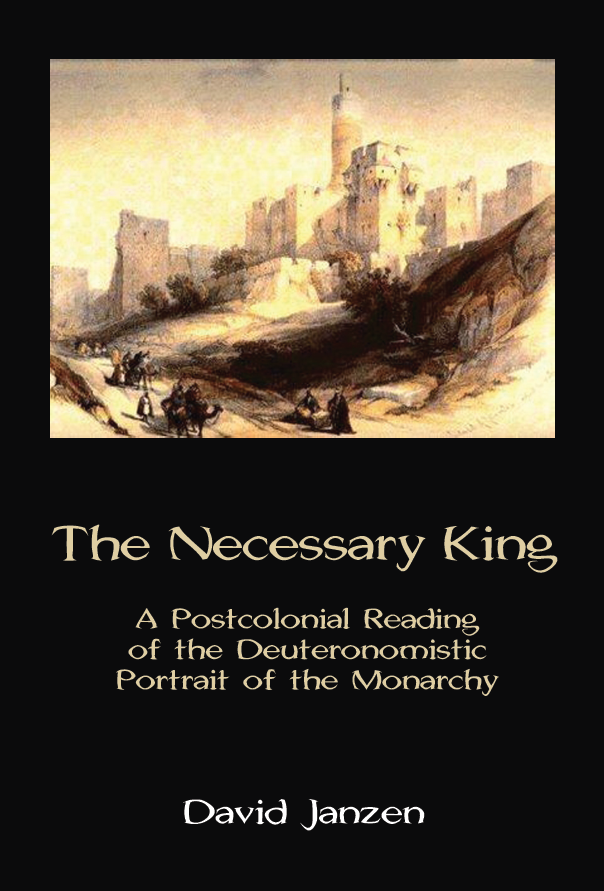

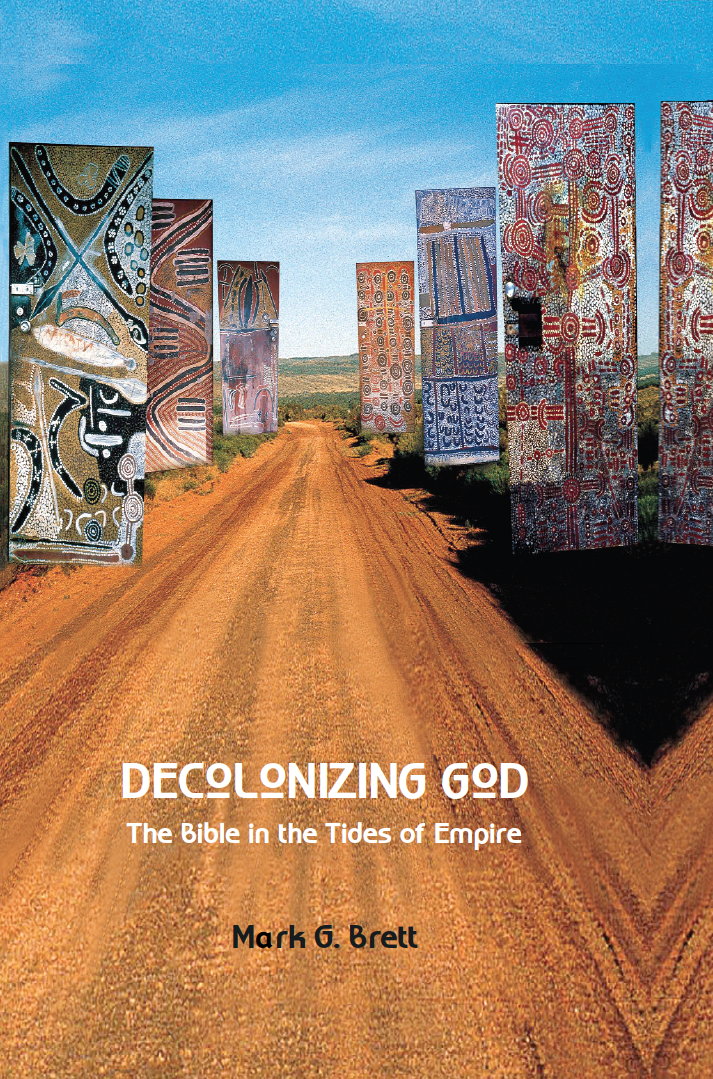
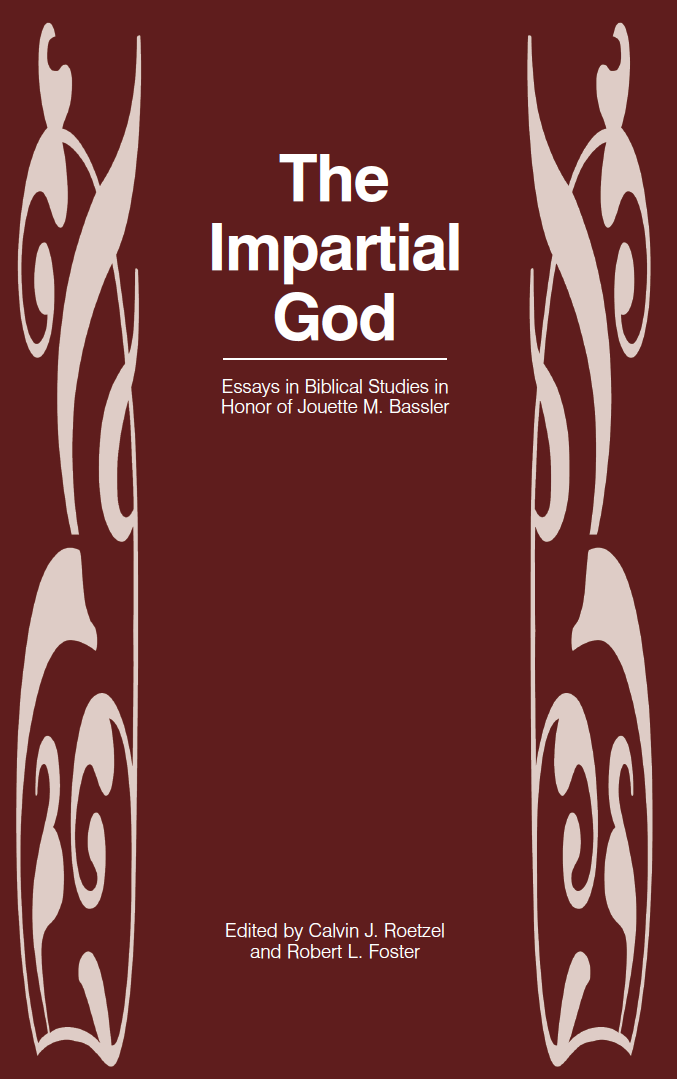
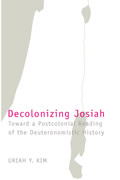
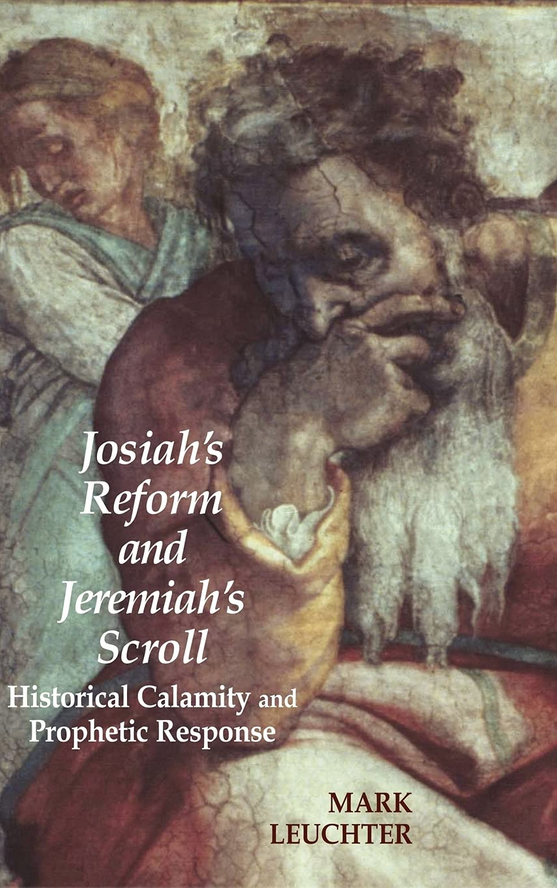
Deuteronomy and Environmental Amnesia
Deuteronomy and Environmental Amnesia